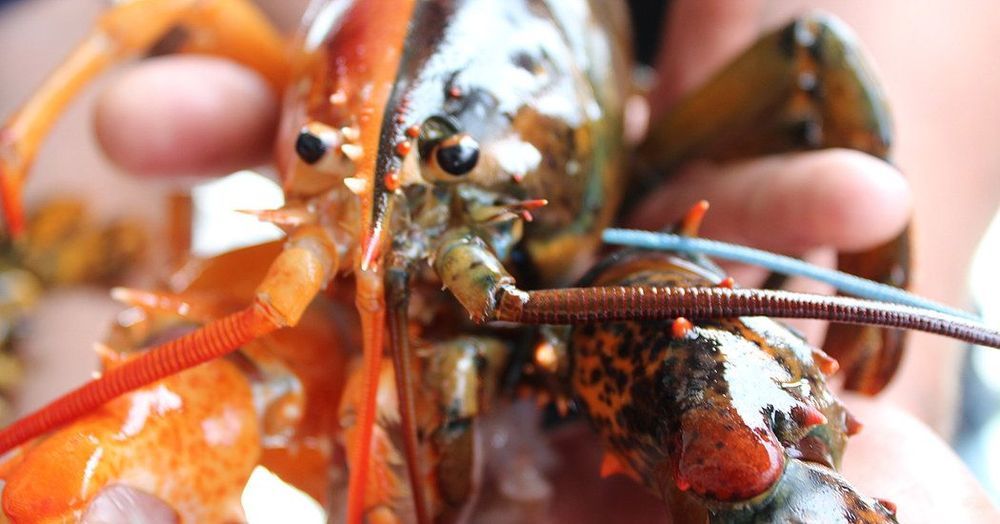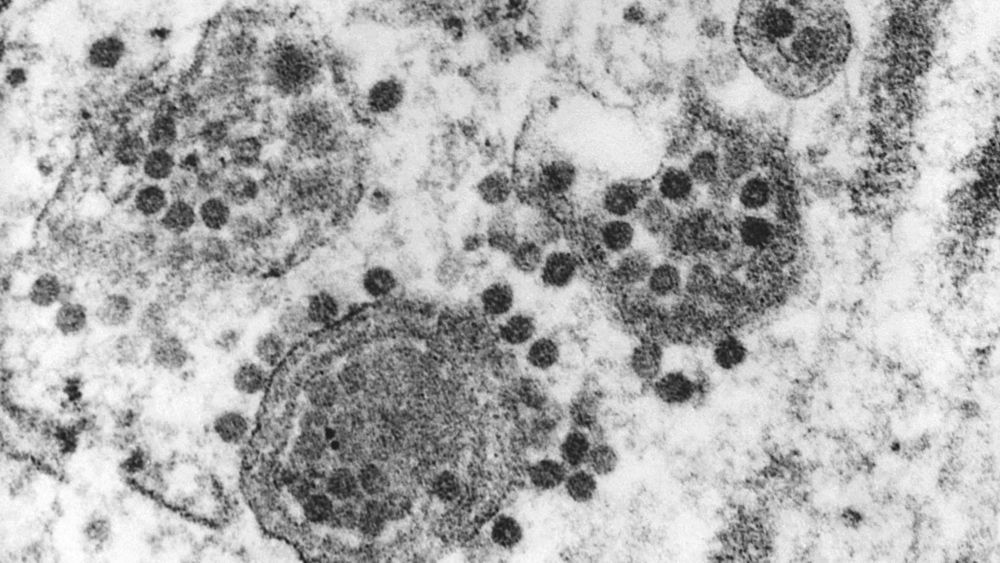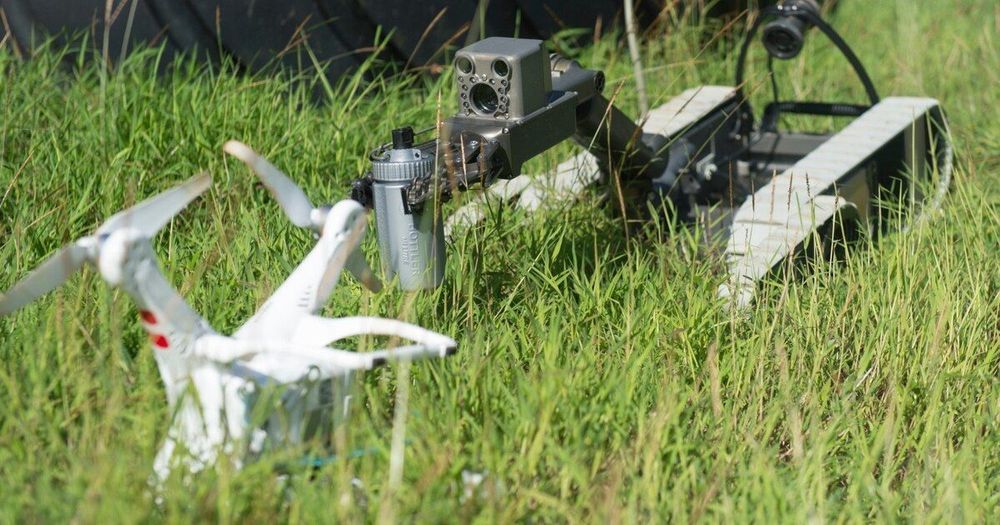Q-CTRL, an Australian-based quantum computing software company that makes “quantum firmware,” on Tuesday announced a $15 million series A funding round led by Square Peg Capital. Sierra Ventures also participated in the round, joining existing investors Horizons Ventures, Main Sequence Ventures, and Sequoia Capital.
The primary purpose of the round, says founder and CEO Michael Biercuk, is to expand and grow the company. It currently has 25 employees and aims to double that number in the next 12 to 18 months. It’s also opening an office in Los Angeles where it hopes to add more employees and will expand its product offerings in the field of quantum sensing.
Biercuk is a professor at the University of Sydney and has been conducting research in quantum computing for over a decade. He’s particularly interested in combining the principles of control engineering to quantum computing and other systems such as quantum sensing.









